Despite a tumultuous past, the Khyber Pakhtunkhwa of today is not what the travel warnings make it seem.
It was a warm afternoon in Northwestern Pakistan where I found myself in the unlikeliest of places: squished into the bed of an aging, royal blue pick-up truck that was trundling its way through the Hindukush mountains.
The road—if it could be called that—was hastily carved out of rock face. Regardless of its precarious features, it was the only way in and out of Yarkhun Valley, a remote hamlet of Pakistan’s Khyber Pakhtunkhwa (KPK) province.
With no tourist infrastructure and only my backpack’s contents in my possession, I couldn’t help but feel euphoric.
I’d spent the last month traveling all about KPK, yet as fabulous as every other place had been, nothing thus far had topped the vistas and sense of adventure that Yarkhun Valley continued to provide. Prior to 2019, foreign tourists like myself weren’t even allowed to visit here even with a guide, nevermind on the back of random, elderly pickup trucks.
Recommended Fodor’s Video
So What’s the Deal With KPK?
You see, as beautiful as Khyber Pakhtunkhwa (KPK for short) is, it’s had a difficult past. Many of its valleys were gripped by terrorism in the early 2010s, and before that, the events of 9/11 had crippled its once-thriving foreign tourism industry. But in recent years, the region’s security situation has done a full 180. So much so that in 2019, Pakistan introduced an e-Visa system, and removed travel restrictions throughout most of the country, including KPK.
Yet despite domestic tourism bouncing back to the levels of its glory days, foreign governments haven’t quite gotten the memo. The United States classifies Khyber Pakhtunkhwa as a Level 4: DO NOT TRAVEL. But after doing some research of my own, I quickly realized that everything I was seeing and reading from other travelers didn’t quite match up with the foreboding warning.
Perhaps this advisory was valid in 2010, but nearly a decade later, it seemed that things had seriously changed. Plus, the parts of the province that might still be unsafe (i.e. the former FATA region) were impossible for foreigners to enter anyways.
I was determined to find out for myself.
After spending a few weeks in the cheery city of Lahore, I hitched a ride to Peshawar, the oldest city in South Asia, and my very first stop in KPK. The historical metro is less than 200 miles from Kabul and is home to the Pashtuns, an ethnic group indigenous to the province. Pashtuns live by a code of ethics known as Pashtunwali, of which one of the several guiding principles is Melmastia, or hospitality.
Though it might have been a bit too soon to make a full judgment, within a few hours, I had a feeling that my hunch had my right: KPK and those who lived there might as well be a different place altogether than what was described on my state department’s website.
A Peshawari local who I met on Couchsurfing proved beyond any reasonable doubt that Pashtunwali was very real. Over the following three days, he showed me all around the city’s epic historical sites and foodie spots, all whilst refusing to accept a dime.
But it wasn’t just monetary things. When the necklace I was wearing broke, he had it super glued back together within minutes. And when he noticed I liked an old, orange stuffed bear that had been discarded in the guestroom, he had its decapitated head sewn back on so that I could take it with me on my travels.
In his words, “Guests are a gift from God. They must be treated as such.”
Through many hours of spirited conversation, I learned more and more about the region’s history and its truth. As conservative as it was—far more so than Lahore—I quickly found myself falling in love with the city.
Its narrow, dusty alleyways—filled with historical landmarks–transported me back in time while the flavors of its iconic dishes such as butt karahi and chapli kebab wowed my taste buds. It almost felt like I had left the Pakistan I had begun to know during my month in Lahore and had made my way into a new one. I was utterly sad to leave.
My next stop was Mingora, the commercial center of Swat Valley, a region famed for its scenic beauty. Though the busy city is usually just a quick stop before continuing onwards, I soon realized five days had passed. Lounging along the riverbanks by day and hanging out with new friends at night, Mingora quickly became a new favorite for me, and it took less than 24 hours to find myself yet again floored by hospitality.
As I sat by the riverside with a book, a fatherly-like man stopped by for a chat.
My Urdu was limited at the time, but I was able to make out how happy he was to see foreign tourists in his hometown. He then insisted he would be right back. Shortly after, he returned with an ear of freshly-grilled corn on the cob and spicy, handmade chips from a nearby snack seller. I couldn’t help but think that I could never imagine something like this happening back home in the U.S., nevermind multiple times in one day.
My short stay in Mingora proved that hospitality seemed to be not an exception, but the rule. From the inquisitive 18-year-old student that I met in a chai shop who soon after invited me to have dinner with his entire family, to the two friends who excitedly insisted I join them in a sunset picnic along the river, the small city was full of heart-warming experiences. In just a week, KPK had vastly exceeded all expectations.
Next up, I caught a shared van to Kalam, a picturesque town known for its fairytale forests and alpine lakes. After randomly settling on a hotel, I soon learned how fateful that choice would prove to be when I realized I was out of Pakistani rupees. Cash is king in Pakistan, and the nearest ATM was a good four hours away. Stressed over the prospect of backtracking, I asked the owner of the hotel what he recommended. Yet instead of giving me travel advice, he told me that he could just exchange the American dollars I had with his rupees—no need to backtrack after all.
As I continued my travels deeper into the beautiful and remote valleys that make up Northern Khyber Pakhtunkhwa, I continued to find myself speechless. The landscapes were even more heartstopping than any travel photos could have done justice, but beautiful landscapes can be found all over the planet.
For me, it was the kindness of the people around me that continued to make KPK unlike anywhere else I’d ever been. In a land that had been through so much, a land that was often shrugged off by foreign governments as no better than garbage, I had interactions and experiences that I had not thought to be possible. Strangers treated me like a long-lost family member. No matter where I went, someone always helped me find a ride and offered me tea at each and every stop without fail.
In Sheikhandeh, a remote village that used to be located in Afghanistan, only a few minutes passed before I was enthusiastically welcomed into a local home. As it turned out, one of the family members had spent years living in Australia and spoke fluent English. The next few hours flew by in a whirlwind of conversation and tasty eats.
After surviving the rickety pick-up ride into Yarkhun Valley, I spent the next week being invited into a new house each and every night. Despite having ample camping supplies, they went unused.
As a female, I was able to straddle lines that male travelers could not have. Due to cultural and religious reasons, many ladies cannot meet males outside of their family. But a foreign woman? No problem!
Concerned family members had feared the worst, and repeatedly insisted that everyone in the region “hated Americans.” Yet what I experienced day in and day out couldn’t have been more disparate. The people of KPK were some of the most hospitable on the planet, and no one seemed to care about my country of origin.
Don’t get me wrong, KPK is not Amsterdam. It’s very conservative and about as different from the Western world as it gets. But if you go there with an open mind and an open heart, you’ll quickly realize that the travel warnings tell anything but the whole story. If I had heeded their advice, I never would have experienced what turned out to be the absolute greatest month of my entire life.
This is brilliant piece of writing. Thank you Samantha for writing this. The world needs to see KPK and Pakistan, through the lens of travellers like you.
Being an 'insane' reader, I have found this piece an utter treat to read. It took me as if I have been seeing all those places with you and meeting all those people myself.
Keep writing and thank you again.
It's heartwarming to hear about your travel and personal experience regarding region and people. I hope Pakistani government make more facilities available to tourists and keep security risks at low.
I am very glad you had such a beautiful experience and thank you so very much for sharing such positivity about our region and clarifying the misconceptions and misinformations shared/promoted about us. hope to see you around again soon, if next time I got the chance I'd make sure to show you around Peshawar city myself personally and would make sure you've the best ever memories left about us. God Bless You🙃👍
This may be a trip of a lifetime but could have turned out badly. The traveler ignored the State Department's warning and toured a region at her own risk. Should a citizen decide to put himself/herself at risk to counter the advice (right or wrong), his/her government should not be obligated to help/rescue anyone when an unfortunate event such as a detention/kidnapping event happens. The website should refrain from encouraging such behavior.
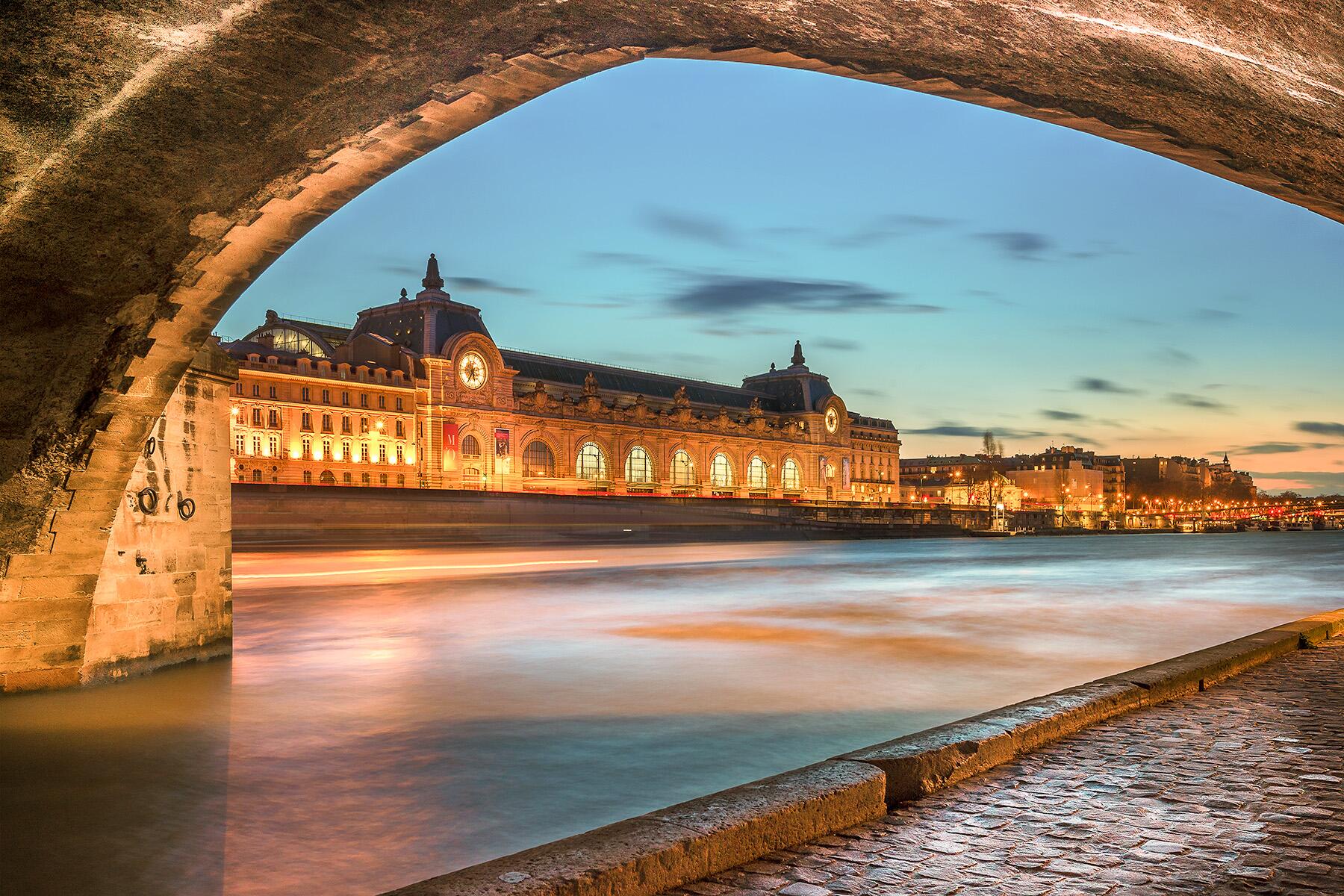
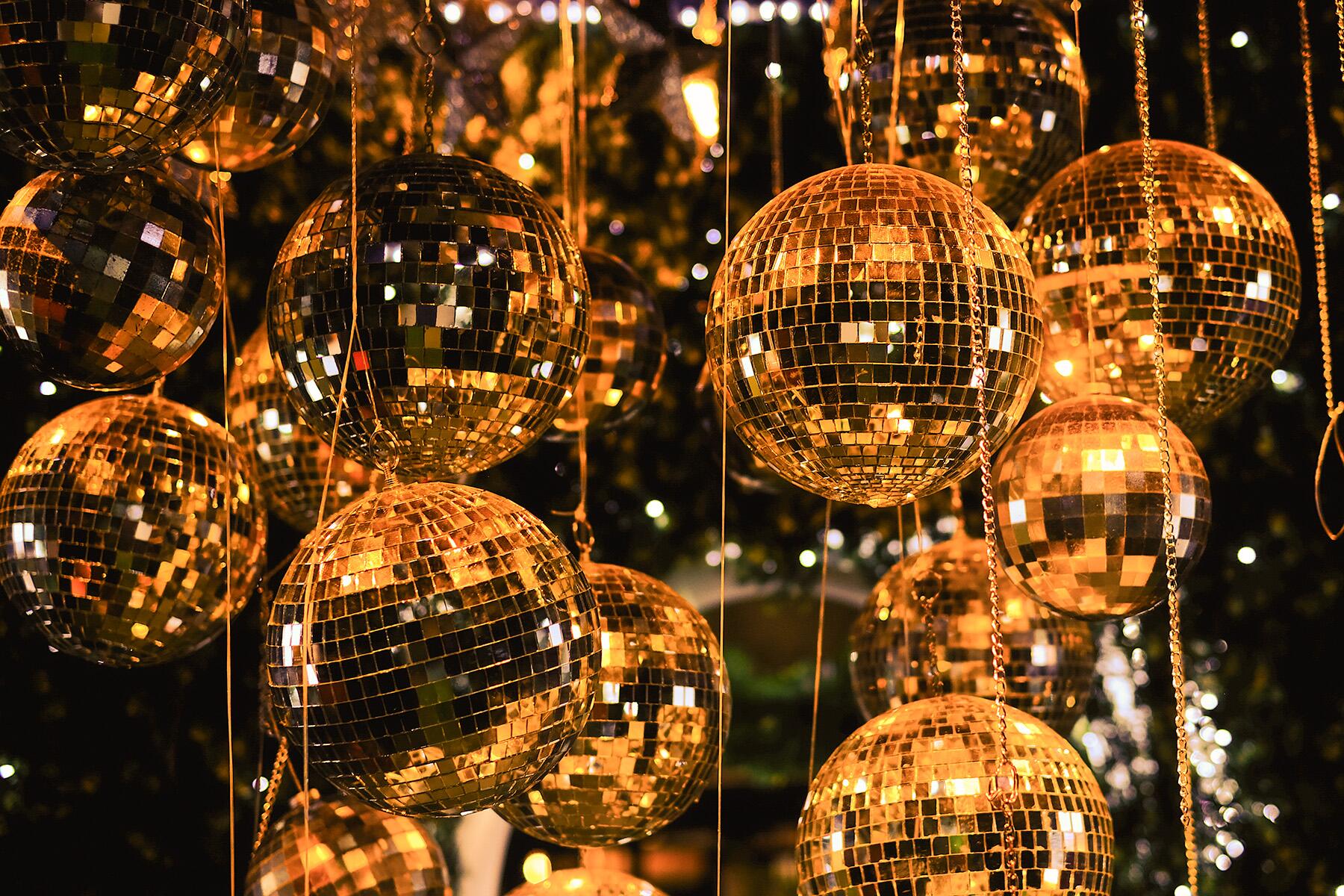


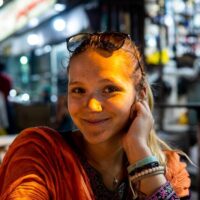
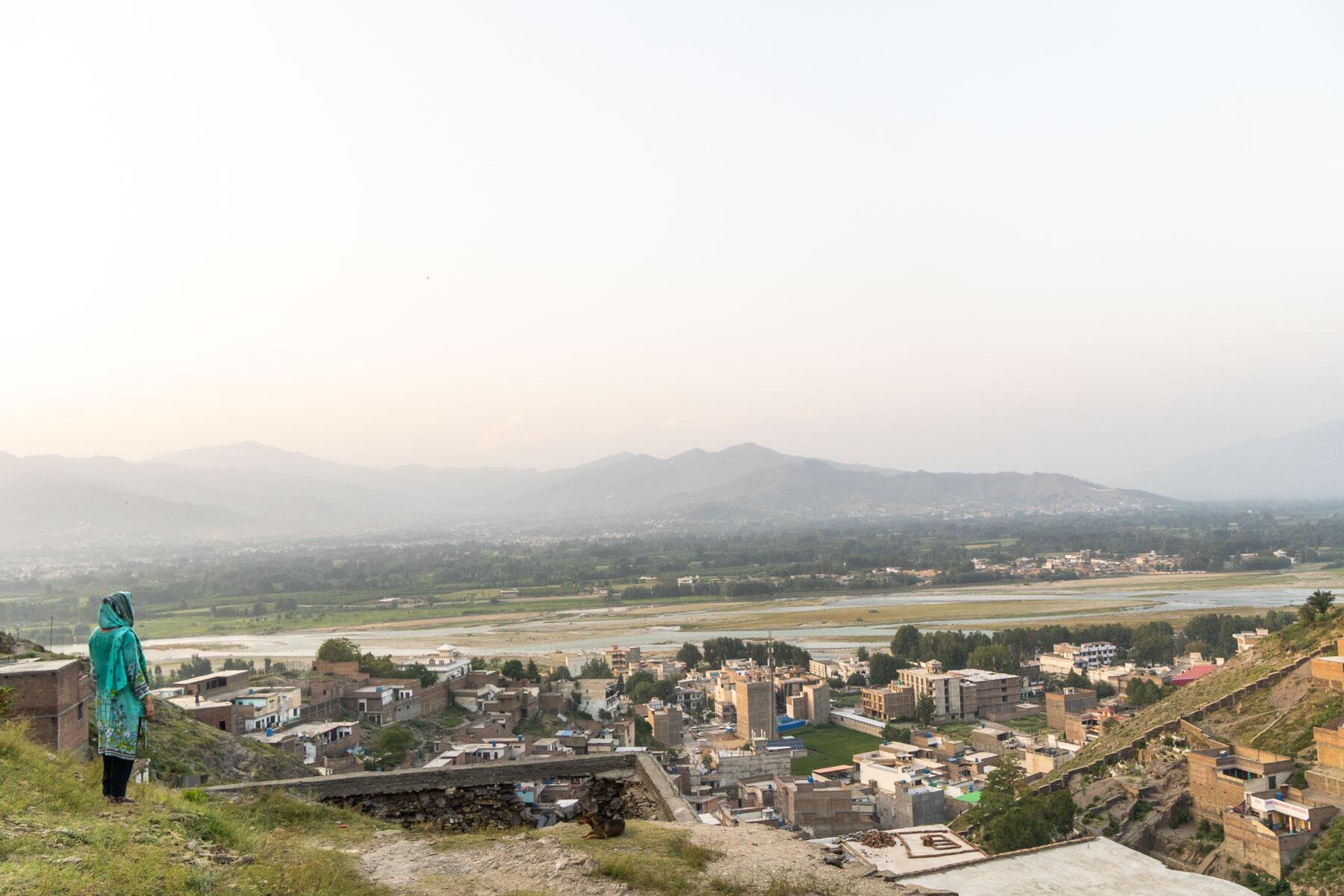
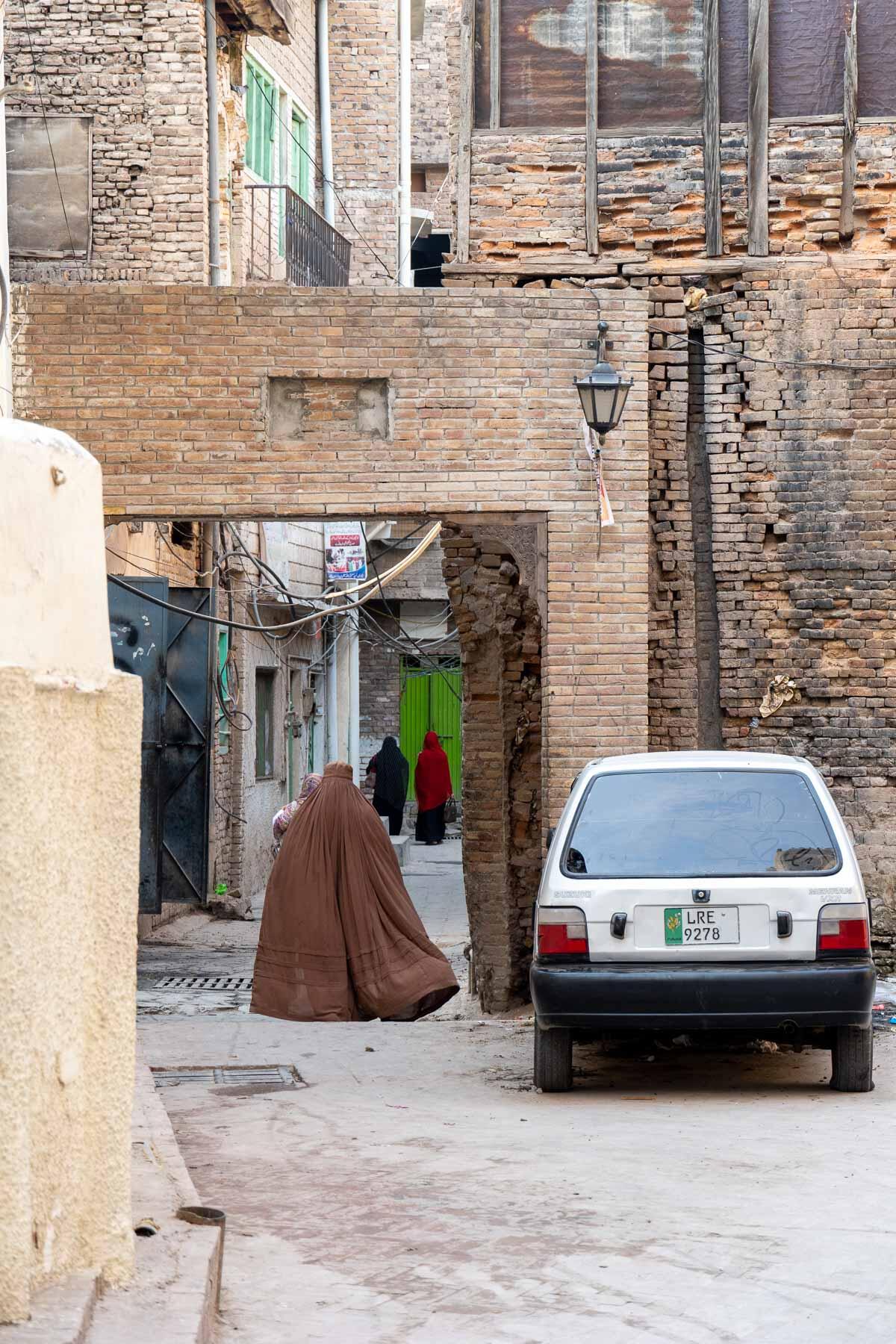
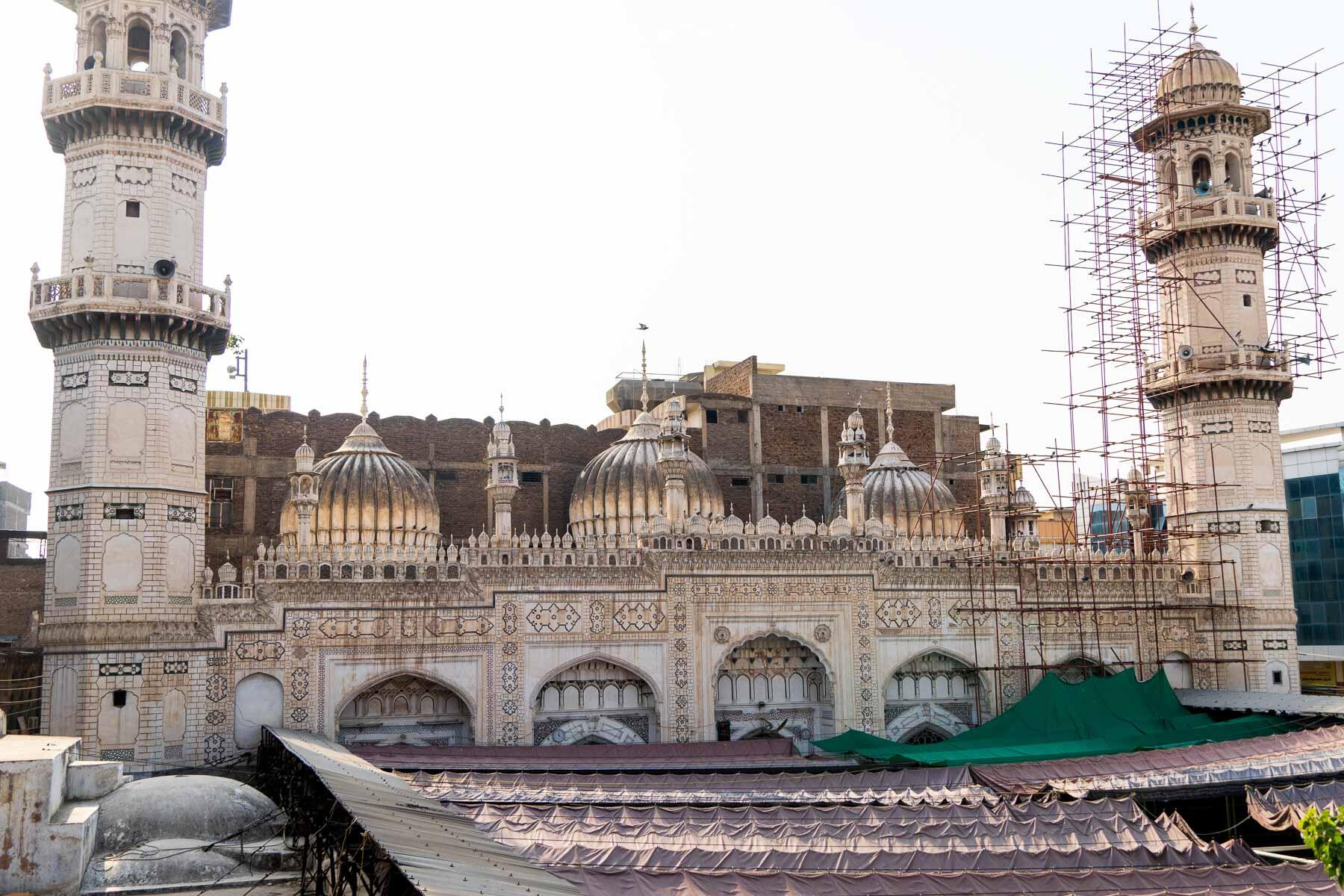
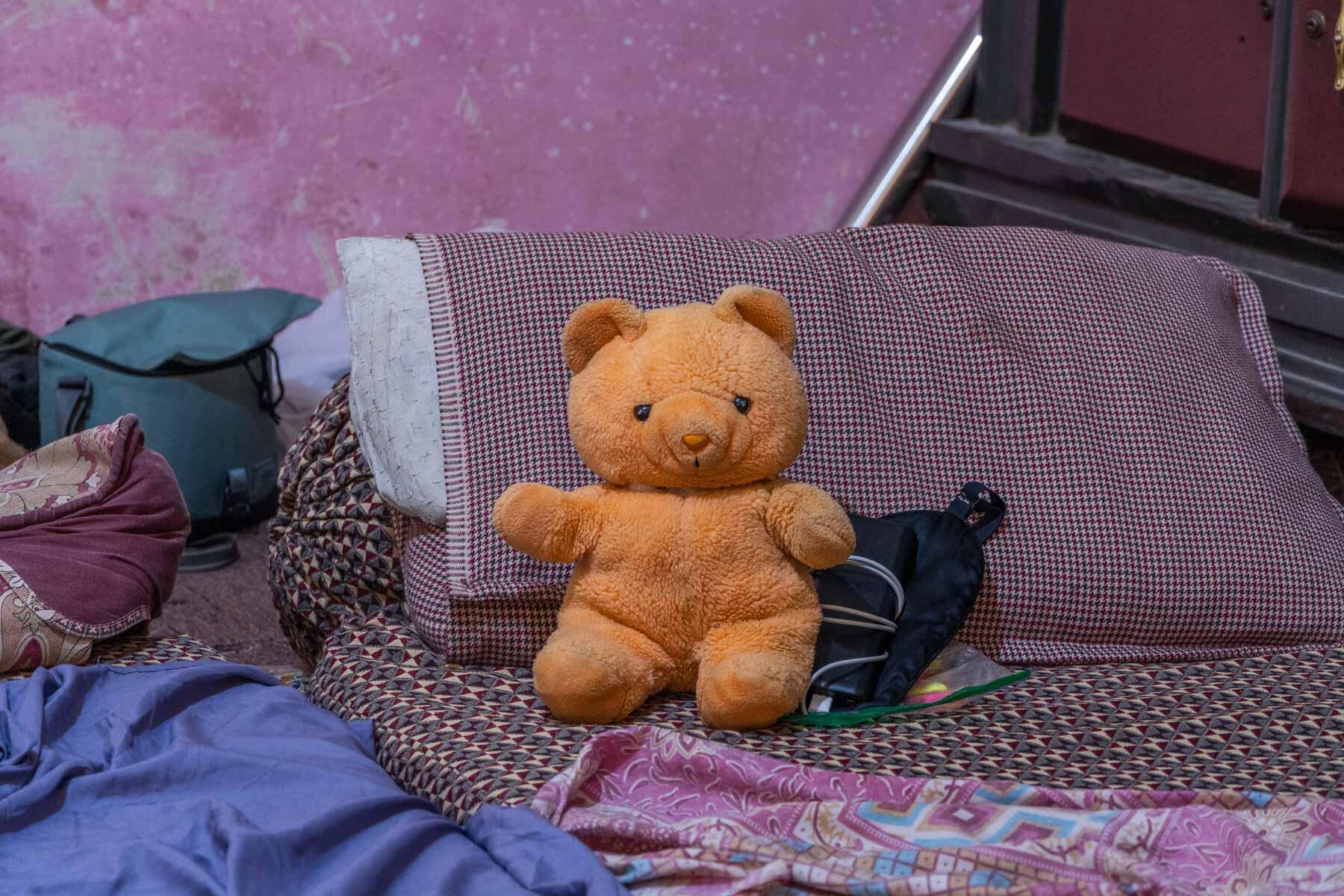
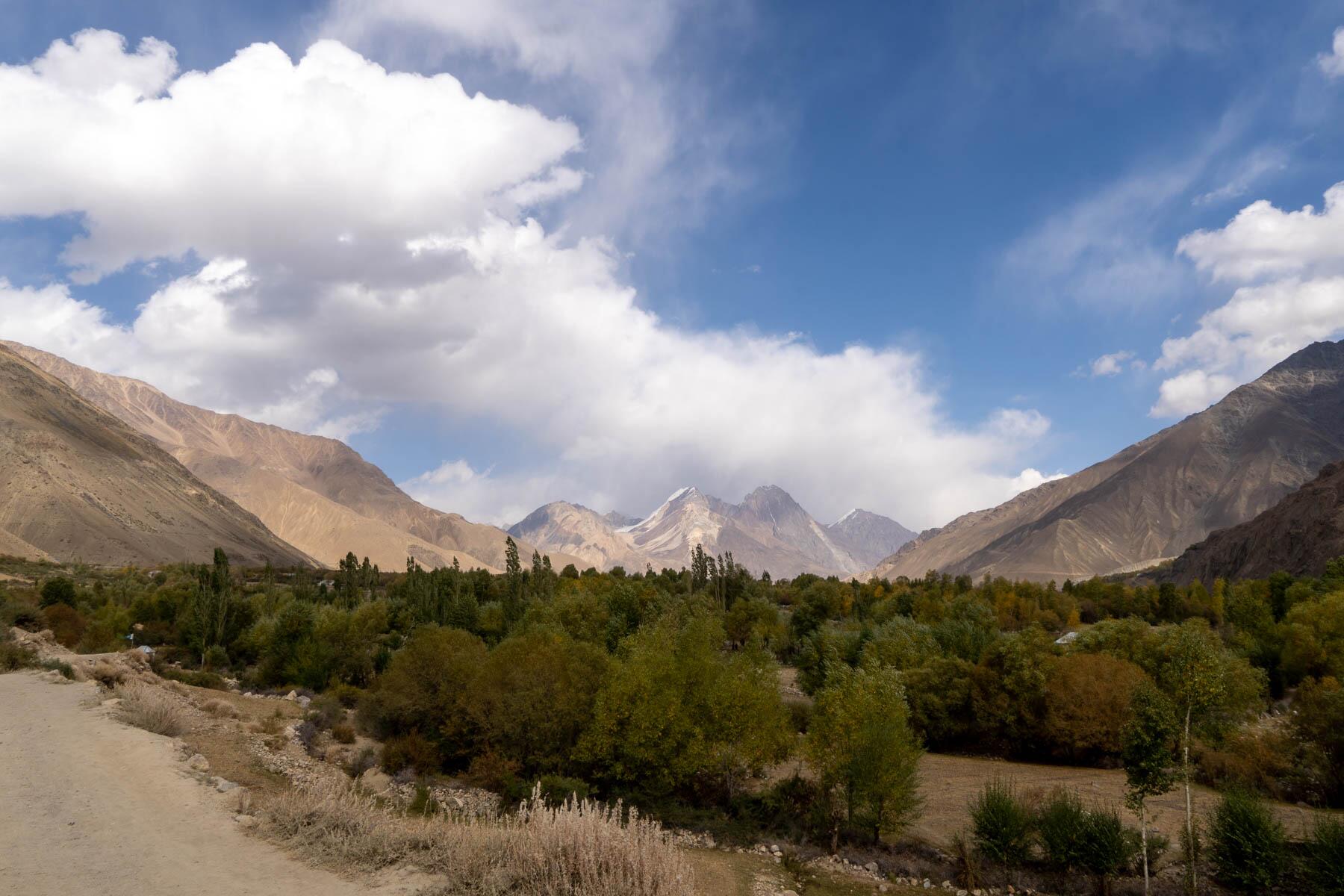
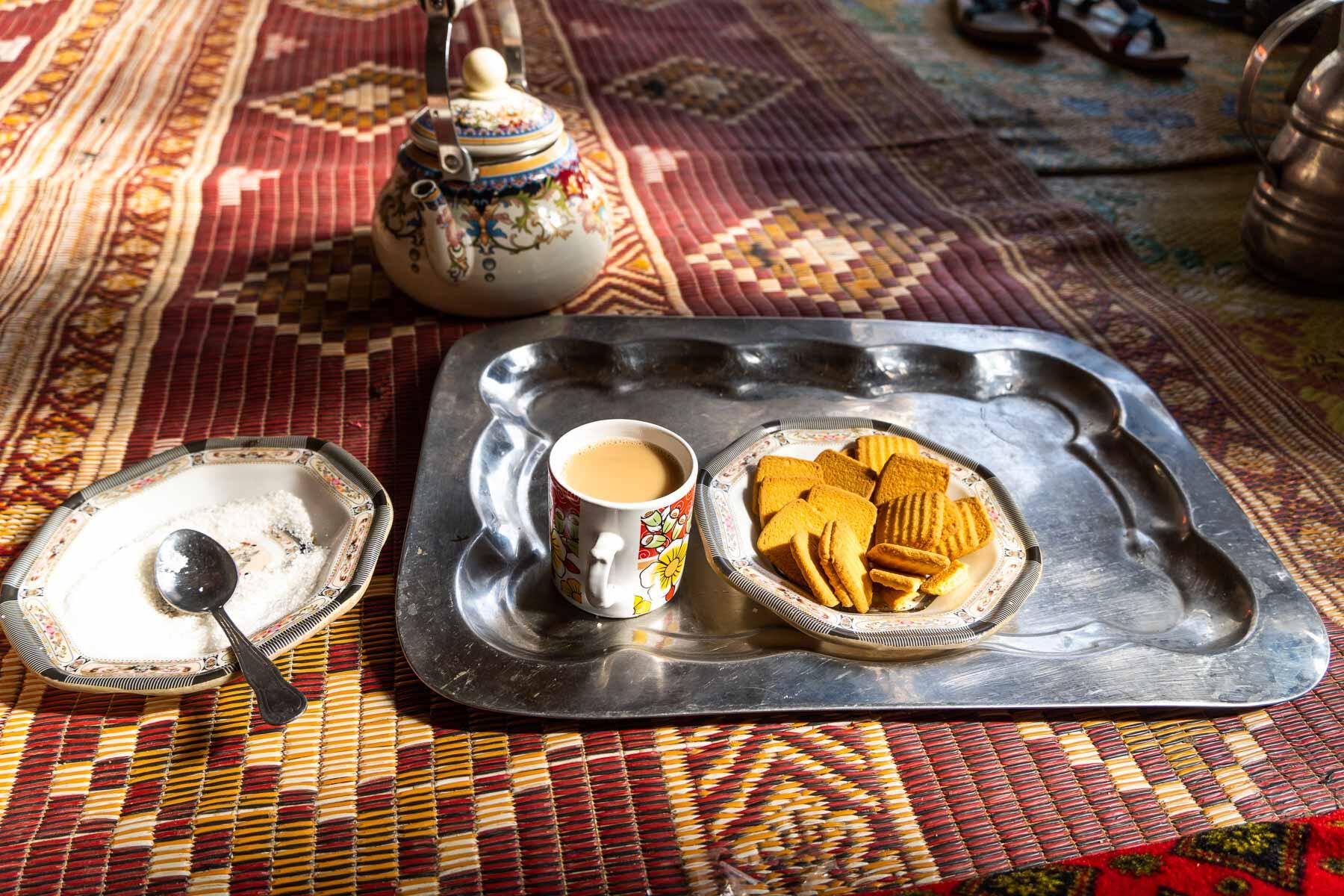

The advisories of the US governments and other countries as well are based on diplomatic travel which is usually governed by the local governemnt, IN Pakistan specially local authorities make it very hard for the diplomats to travel freely so they alswys say its a risk of such and such thing hence the US staff at the Embassy simple label certain areas very dangerous and other areas less or not dangerous but its a fact those advisories are far from the reality